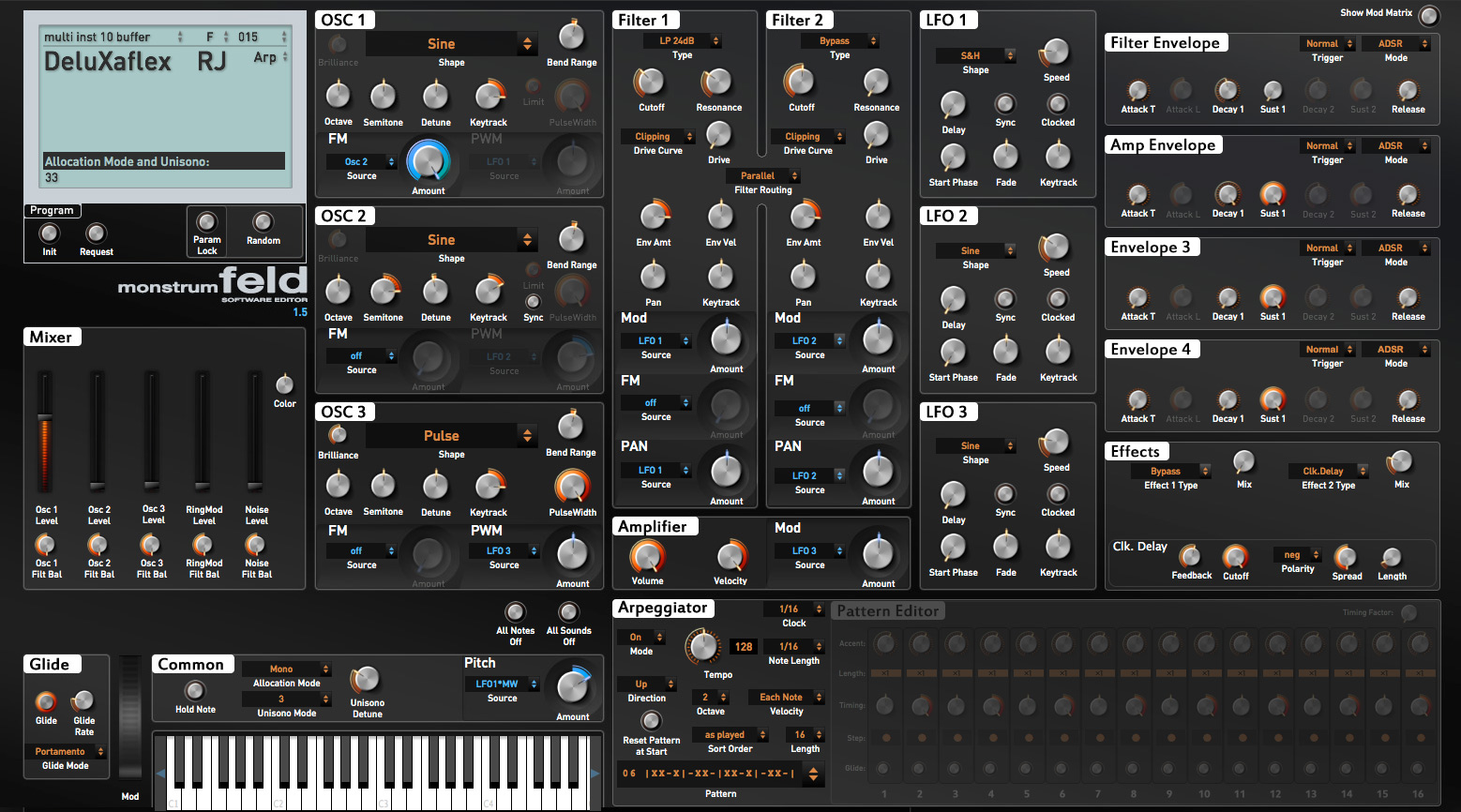- SysEx Librarian is now a Universal application. It is 100% native on Intel and PowerPC.
- The source code is now available.
- You can now change the sysex transmission speed, on a per-device or per-port basis. A few older MIDI devices may need the speed to be turned down to work consistently.
- Added a 'save as .syx' feature, just like the existing 'save as standard MIDI file'. Now you can convert .mid to .syx!
- We now show checksums at the bottom of the sysex data in the details window, to make it easier to check if two sysex dumps are the same or different.
- Rewrote some code to remove dependencies on the Omni frameworks. This makes it easier for me to distribute the code, and easier for others to build the code. It also makes the application slightly smaller.
- The downside: SysEx Librarian now requires Mac OS X 10.2 or later. I don't think this will be a hardship since most MIDI drivers and applications are now built for 10.2. If you need a version which runs on 10.1, download it here.
- Fixed an undo problem: undo looked enabled but did nothing.
Free Midi Sysex Editor


Midi Sysex Editor Software
RECOMMENDED- MIDI-OX - A great utility that does lots of useful things with MIDI. Dumpster - (Downloads a zipped file). This is a MIDI System Exclusive (sysex) data dump program for Windows 3.1. It is public domain and includes Visual Basic source. Installation instructions are in the help file DUMPSTER.HLP. MIDI SysEx: System Exclusive messages. If you're a MIDI expert, you can use SysEx messages (MIDI System Exclusive) to control Fractal Audio devices. Firmware Ares and later provides MIDI support for 3rd-party devices to set and/or get scene, channel, bypass, scene names, preset names, tuner data, tempo data, via System Exclusive messages.
Sysex Midi Editor Download
SysEx Librarian is an app to let your Mac communicate with MIDI devices using System Exclusive messages, also known as SysEx. The most common use is to backup patch data from synthesizers, although there are others (such as sending firmware updates). It's easy to keep a library of the SysEx files you use most often, and to record new SysEx files.